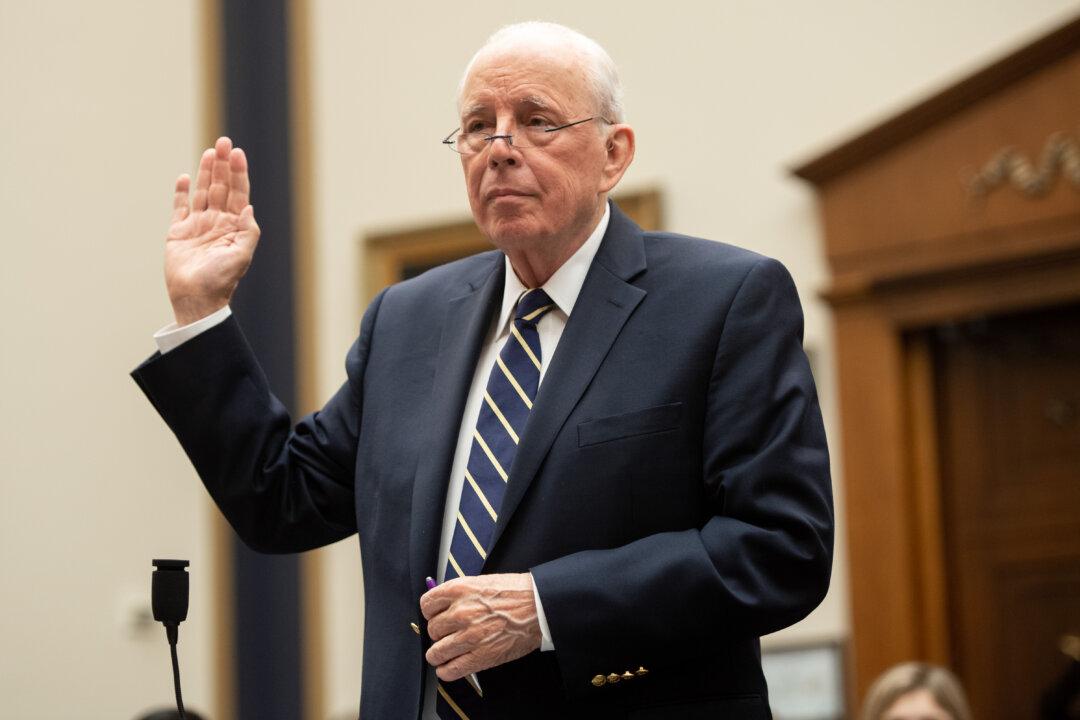President Donald Trump condemned a House Judiciary Committee hearing at which John Dean—former White House counsel to Richard Nixon and a political contributor to CNN—testified about the “remarkable parallels” he saw between Watergate and special counsel Robert Mueller’s report.
Trump expressed disbelief that the Democratic-led committee brought in Dean—a vocal critic of the president—to testify as House Democrats appeared to step up their efforts to investigate and impeach.





